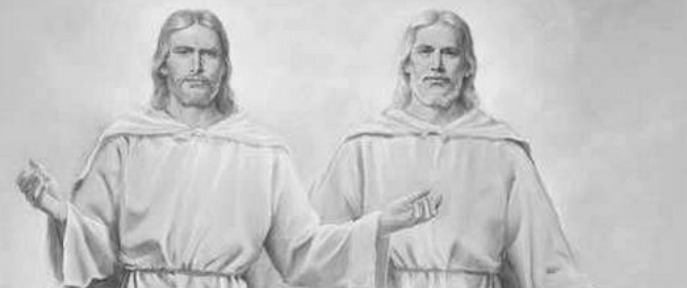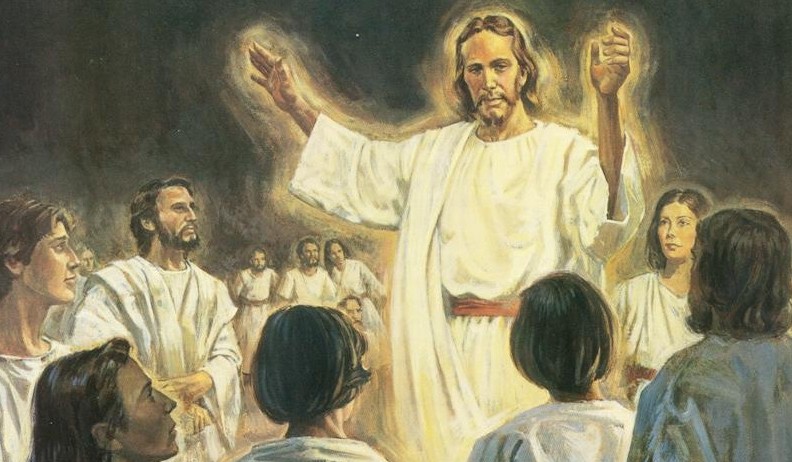Question
Gramps,
We are told all of us will be resurrected. Will the Sons of Perdition be resurrected?
Jordan
Answer
Jordan,
Before the creation of the world, all spirits existed in a pre-mortal state where they were presented with the Plan of Salvation. This plan included the necessity of agency, allowing individuals to choose between good and evil. According to Latter-day Saint doctrine, Satan, originally known as Lucifer, was one of the most exalted spirits. However, he rebelled against God’s plan, seeking to impose his will upon others rather than allowing them the freedom to choose. This rebellion led to a significant division among the spirits, with a portion choosing to follow Satan and rejecting the plan of salvation.
The scriptures describe this state of rebellion as being a “Son of Perdition,” a term that denotes a permanent state of separation from God. Those who fall into this category are those who have received a full knowledge of the truth and then willfully choose to deny it. As stated in the teachings of Elder Bruce R. McConkie, “It is blasphemy against the Holy Ghost; it is to deny Christ, to come out in open rebellion.” This understanding highlights the gravity of their choices and the eternal consequences that follow.
The fate of Satan and his followers is starkly outlined in Latter-day Saint theology. According to the doctrine, those who are classified as Sons of Perdition will not be resurrected to any kingdom of glory. Instead, they will face eternal punishment, described as “everlasting punishment, which is endless punishment, which is eternal punishment.” This punishment is not merely a temporary state but a permanent separation from God, where they will “reign with the devil and his angels in eternity.”
The scriptures further elaborate on the nature of this punishment, indicating that it is a consequence of their choices made during their mortal and pre-mortal lives. The teachings emphasize that while all other beings will have the opportunity for resurrection and eventual glory, the Sons of Perdition are uniquely excluded from this mercy due to their conscious and willful rebellion against God.
One of the most intriguing aspects of Latter-day Saint eschatology is the concept of the Millennium, a thousand-year period of peace and righteousness that will follow the Second Coming of Jesus Christ. During this time, Satan will be bound, unable to influence the hearts and minds of humanity. This binding is not merely a physical restraint but a spiritual one, allowing for a time of peace where individuals can choose to follow God without the temptation of evil.
As explained in the teachings of the Church, “Satan and his hosts will be cast into outer darkness during the millennium.” This period serves as a time for humanity to experience the blessings of righteousness and to grow in faith without the adversary’s influence. However, at the end of the Millennium, Satan will be loosed for a short time to tempt those who were born during this period, testing their faith and commitment to God.
The release of Satan at the end of the Millennium serves as a critical test for those who have lived in a time of peace. It is during this time that individuals will have the opportunity to demonstrate their loyalty to God. Those who choose to follow Satan during this brief period will face the same eternal consequences as the original Sons of Perdition. This points to the importance of agency and the eternal implications of one’s choices, even in a time devoid of temptation.
Latter-day Saint doctrine teaches that there are multiple resurrections, each corresponding to the choices made by individuals during their mortal lives. The first resurrection is reserved for those who have lived righteously and will inherit celestial glory. Following this, there will be a resurrection for those who lived honorable lives but did not fully accept the gospel, known as the terrestrial resurrection. The last group to be resurrected will be those who are destined for telestial glory, which includes individuals who did not repent of their sins during their mortal lives.
The Sons of Perdition, however, represent a unique case. They will be resurrected, but their resurrection will not lead to redemption. Instead, they will face the second death, a state of eternal separation from God. As stated in the Doctrine and Covenants, “the only ones on whom the second death shall have any power” are the Sons of Perdition. This emphasizes the finality of their choices and the irrevocable nature of their rebellion.
The punishment awaiting the Sons of Perdition is described in vivid terms, emphasizing the severity of their fate. They will experience torment that is eternal, where “their worm dieth not, and the fire is not quenched.” This imagery serves to illustrate the profound consequences of their choices and the reality of eternal separation from God. Unlike other individuals who may have the opportunity for repentance and redemption, the Sons of Perdition face a fate that is unchangeable and eternal.
Gramps







